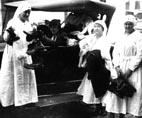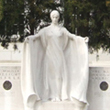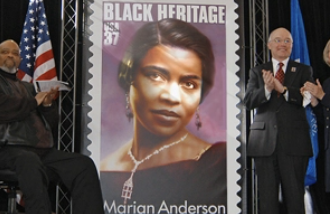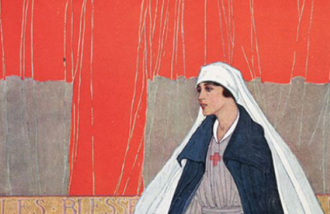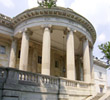The British occupied two capitals in the southern colonies for extensive periods of time: the area around Charleston, South Carolina and the area around Savannah, Georgia
Charleston succeeded in repelling two attacks by the British in 1776 and 1779, but it was not so lucky the third time around. Besieged in the winter and spring of 1780, the city surrendered to the British on 12 May of that year, and remained under British control until 14 December 1782. During the period of British occupation, the normal mechanisms of government in Charleston, and elsewhere in South Carolina, were dramatically reduced or non-existent. Charleston was administered by a “Board of Police,” and was effectively under martial law during its occupation period. The British required citizens of Charleston whose loyalties to The Crown were suspect, to subscribe to an oath of allegiance, although lists of subscribers to this oath are not known to be extant. Others who were deemed a more serious threat had their property confiscated, and/or were sent to St. Augustine (in British Florida) for the duration of the occupation. The British even recruited American soldiers held as prisoners of war for service in His Majesty’s military forces.
British troops seized control of Savannah on 31 Jan 1779 and the Royal Governor resumed his post on 14 July 1779. However, the British evacuated the city on 11 July 1782.
The Society carefully reviews service claims for any individuals residing in areas during periods of British occupation. Given the conditions described above, extent of documented patriotic service in these areas is very limited. The Society is UNABLE to credit service to an ancestor on account of a public office held under British administration. Further, the Society will not assign service to individuals who took oaths of allegiance to the British King or cooperated with British forces in substantive ways and did not perform patriot services after the abovementioned Loyalist acts.
The Society DOES assign service to those residents of Charleston who were sent to St. Augustine. Other acts of patriotic service might also be documentable. For example, service might be considered for proven cases of estates seized by the British. Additionally, spying activities on behalf of patriot forces and leaders, if documented in acceptable sources, might be considered.
Bibliography
Atkinson, C. T. “The Loyal American Rangers and Lord Charles Montagu’s Corps,” in Journal of the Society for Army Historical Research 22 (1944): 217-18.
Borick, Carl. A Gallant Defense: The Siege of Charleston, 1780; Columbia: University of South Carolina Press, 2012.
Coker, Kathryn Roe. “Artisan Loyalists of Charleston, South Carolina.” In Robert M. Calhoon et als, Loyalists and Community in North America (Westport, Conn.: Greenwood Press, 1994), 91-104.
Davis, Robert Scott, Jr. “Lord Montagu’s Mission to South Carolina in 1781: American POW’s for the King’s Service in Jamaica,” in South Carolina Historical Magazine 84 (1983): 89-109.
Duval, Lauren. “Mastering Charleston,” in William & Mary Quarterly 75 (2018): 589.
Hartel, June Clark. “S.C. Prisoners of the Revolutionary War,” in Georgia Genealogical Magazine 73 (1979): 209-211.
McCowen, George Smith, Jr. “The Charles Town Board of Police, 1780-1782: A Study in Civil Administration Under Military Occupations,” in Proceedings of the South Carolina Historical Association for 1964 (1964).
McCowen, George Smith, Jr. The British Occupation of Charleston, 1780-82; Columbia: University of South Carolina Press, 1972.
McElligott, Carroll Ainsworth. “List of Persons, Dated July 3, 1781, Who Had Petitioned the Commandant at Charleston for an Opportunity to Show Their Loyalty to His Majesty,” in Genealogical and Historical Magazine of the South 3 (1986): 58-60.
McElligott, Carroll Ainsworth. “Some 1782 Residents of Charleston, South Carolina,” in Genealogical and Historical Magazine of the South 4 (1987): 30-35.
Searcy, Martha. “1779: The First Year of the British Occupation of Georgia,” in Georgia Historical Quarterly 67 (1983): 168-88.
Stoesen, Alexander. “The British Occupation of Charleston, 1780-1782,” in South Carolina Historical Magazine 63 (1962): 71-82.
Wilson, Leslie. “Alphabetical Return of the Names and Titles of the Rebel Prisoners Landed from Charleston at St. Augustine,” in Ancient City Genealogist 13 (2002): 12-13.
For additional ideas on possible sources, see:
Georgia in the American Revolution: A Source Guide for Genealogists and Historians
https://shop.dar.org/e-book-pdf-georgia/
South Carolina in the American Revolution: A Source Guide for Genealogists and Historians
https://shop.dar.org/e-book-pdf-south-carolina/


